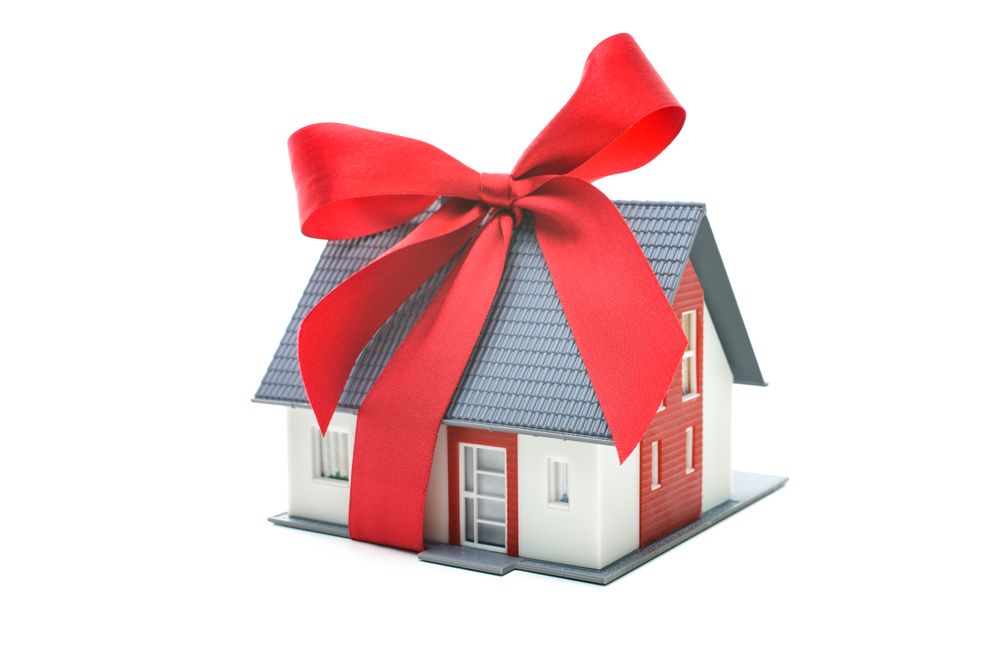Gifting your property during your lifetime – should you do it?
When making their Wills and undertaking estate planning, many of our clients say they are thinking of making a lifetime gift of their home to their children. The most common reasons cited for this are (a) to make things easier after their death; (b) to offload responsibility for the upkeep of the property; (c) to avoid Inheritance Tax on death; and (d) to avoid paying care fees should they need to go into residential accommodation.
The first two of these motives are not unreasonable – although it is quite straightforward and relatively inexpensive to transfer a property after death; and children rarely live up to expectations when it comes to the upkeep of a property in which they themselves are not living.
However, if there is an Inheritance Tax liabilty, the value of your home will still be included in your estate unless you survive 7 years after it is gifted and you do not continue to live in the property. Giving away your home and continuing to live in it is known as making a “gift with reservation of benefit” – that is, you are still using the property as your own. In these circumstances, the value of your home will form part of your estate no matter how many years after making the gift you die.
So far as care fees are concerned, giving away your home (or any other substantial asset) is regarded as deliberately depriving yourself of assets. Should you later require any form of care, the value of the property would therefore be included when any assessment for fees was carried out, unless a spouse also occupies the property at the time. This could therefore leave you with a problem if you have gifted your home to your children and then neither you nor they have the cash funds to pay for any care you may need. You should also bear in mind that the 7 year expiry rule does not apply in relation to care fees and individual local authorities may check back even further to ensure that you have not given away assets which could be included in their assessments.
There are further possible situations to consider, possibly the most significant of these being death, divorce and bankruptcy. If your child or anyone else to whom you have gifted your home should die before you, their share of the property will form part of their estate and could be left to someone to whom you are unrelated or even do not know. Or the person to whom you have gifted your home could be divorced, so that their share of the property forms part of a divorce settlement. Finally, that person could be declared bankrupt, so that their share of the property falls into the hands of the Trustee in Bankruptcy. In each of these circumstances, there is the potential for you to lose your home entirely.
You may feel that you know your family very well and are therefore sure that they would not allow you to become homeless if you were to gift your property to them. You should bear in mind that any of these three scenarios could occur for reasons beyond their control.
All of the above applies particularly to any property in which you wish to continue to live. However, most also apply to any other property you may own. Even if you are not at risk of losing your home, you are still giving away a significant asset which will then be beyond your control.

Catherine Palmer
Catherine is a specialist lawyer working in our Wills, Trusts and Probate Department.
Catherine began her legal career as a secretary with a large regional firm of solicitors before undertaking her legal training through distance learning.
She became a Graduate of the Chartered Institute of Legal Executives in 1999 before moving on to work, mostly as a locum, in firms all over East Anglia.
She joined Bates Wells & Braithwaite in 2016 and specialises in Wills, Powers of Attorney, Estate Administration, Court of Protection work and elderly client advice.
In her spare time, Catherine enjoys classical singing, gardening and walking with her dog.

